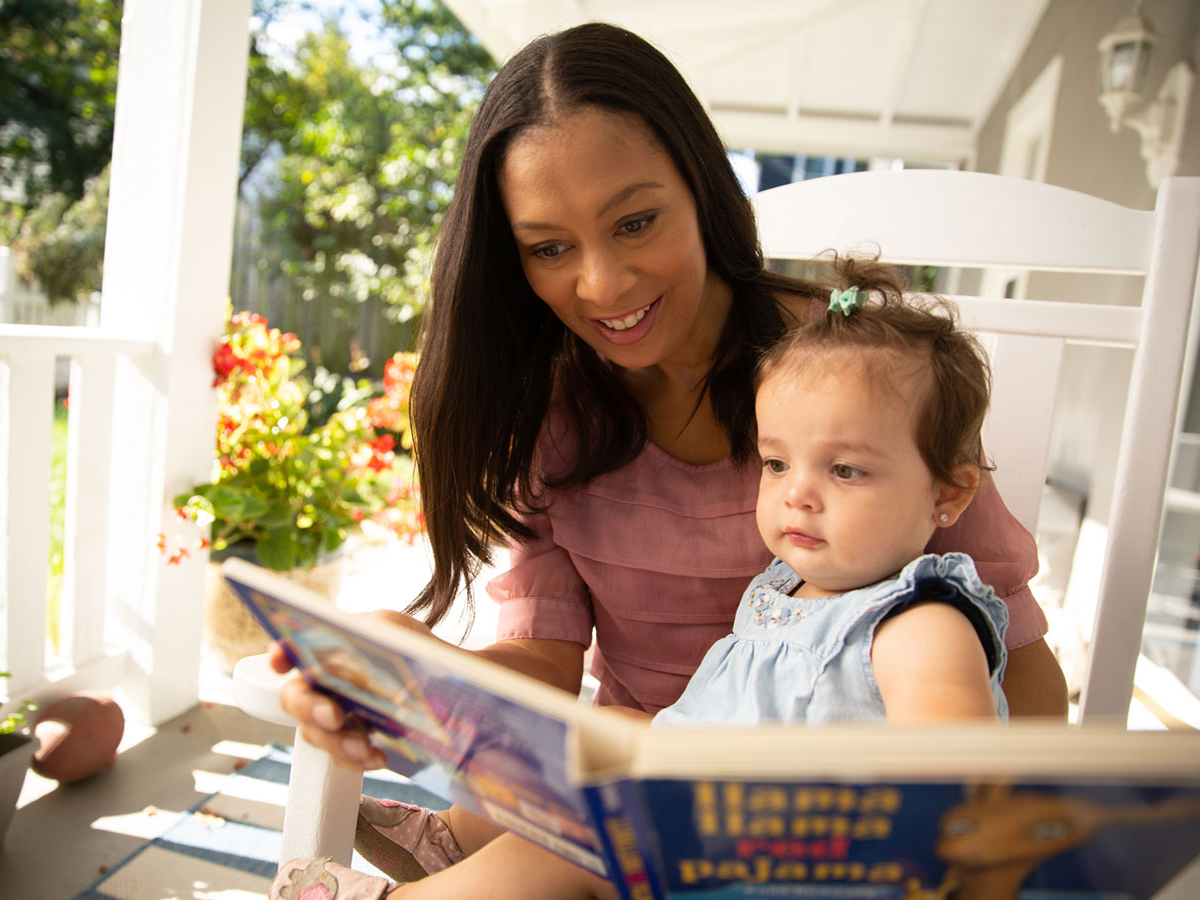Saving Mom and Baby During Colorectal Surgery
October 6, 2023
 Claudia Acosta was 20 weeks pregnant when a colonoscopy revealed that she had colorectal cancer. She needed immediate surgery to remove the mass blocking her colon. Matthew Ng, MD, a colorectal surgeon at GW Cancer Center, helped plan and perform a successful surgery that would not harm Acosta’s baby.
Claudia Acosta was 20 weeks pregnant when a colonoscopy revealed that she had colorectal cancer. She needed immediate surgery to remove the mass blocking her colon. Matthew Ng, MD, a colorectal surgeon at GW Cancer Center, helped plan and perform a successful surgery that would not harm Acosta’s baby.
Acosta is now cancer-free and enjoying her healthy baby girl (see photo). Below, Dr. Ng discusses his role in this dramatic story with a happy ending.
Q. How did the multidisciplinary departments at GW Hospital collaborate as a team to deliver the complex care that Claudia Acosta and her baby required?
A. When she first arrived at the hospital, it was a concern that she had an obstruction. We worked with the gastroenterology team at GW to make the diagnosis. They performed a colonoscopy that showed the blockage.
As a result, she was taken immediately to surgery to relieve the obstruction. Ms. Acosta did well from that standpoint. She then had to work with oncology for chemotherapy. However, it was a multidisciplinary discussion because she was also pregnant and we did not want to harm the fetus. So, we had to develop a regimen that would help with the cancer but not harm the fetus.
Q. How did you approach Ms. Acosta’s surgery knowing she was 20 weeks pregnant?
A. Given that she was pregnant but she had a blockage, she needed emergency surgery. The goal was to be as quick and efficient as possible to relieve the obstruction, but also not harm her fetus.
Given the location of the blockage and she had a 20-week-sized uterus, we knew it would be difficult to try to approach this minimally invasively. Therefore, we elected to proceed with an open incision to allow for maximal visualization and efficient, safe and quick surgery.
Q. What did you do to help the patient feel confident about the surgery?
A. I explained to Ms. Acosta exactly what was going on and what to expect. I explained that we would do everything to protect her and the baby and to be safe and efficient. I also had multiple discussions with her and her husband regarding prognosis and timeline. I also gave her the opportunity to ask questions and address concerns. We reviewed imaging with Ms. Acosta to help her better understand what is going on and the relevant anatomy.
Q. Why are screenings important in the early detection of colorectal cancer?
A. We know that colon and rectal cancer start as benign polyps. When left alone, these polyps can become cancerous. Therefore, having a routine screening program allows for early identification of these polyps so that we can remove them before they turn into cancer. Similarly, catching a cancer early allows for a better chance of a curative resection.
